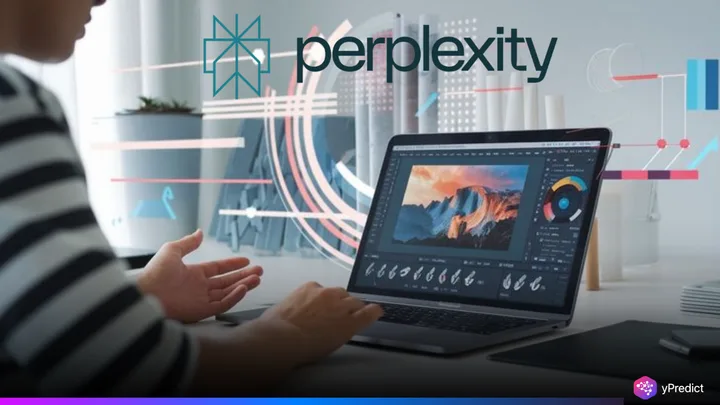
Perplexity, the AI startup known for its answer engine, has launched its experimental Comet browser for select Windows PCs. The tool offers a new kind of browsing experience built around “Agentic AI” systems designed to act on a user’s behalf, not just respond to them. CEO Aravind Srinivas announced the limited rollout via X, noting the Windows version was ready ahead of schedule. The browser, previously in beta for Mac users, is now open to early testers who join a waitlist. This marks Perplexity’s latest step into the crowded AI browser space, where tools from Google and OpenAI are rapidly evolving. Comet focuses on doing, not just finding, unlike most AI search features. That shift could make it easier for users to shop online, read emails, or even try on clothes using a photo upload tool.
Comet Browser Redefines Search With Agentic AI Tools
Perplexity’s Comet browser is not just another AI-powered search engine. It aims to help people get things done, not just find answers. The browser introduces “agentic” AI features that allow it to act more like a digital assistant. That means it can assist with tasks like scanning unread emails, hunting for discounts in a shopping cart, or helping users pick outfits with its “Try On” function.
Aravind Srinivas, the company’s CEO, said the browser is “moving ahead of schedule,” which led to the Windows release. It was first available to Mac users with Apple Silicon chips in an early beta. With the new launch, Perplexity is inviting early adopters to test Comet and join a waitlist for broader access. By blending task automation with smart suggestions, Comet promises to reduce the time spent switching between apps. Users interact with the browser more naturally, asking questions, uploading images, or setting goals.
Windows Rollout Begins as Android and Privacy Questions Loom
Comet is currently available to a small group of Windows users, with Android support expected soon. Srinivas said that the mobile version is “moving faster than expected,” though no launch date was shared. As Comet expands, it will face pressure from rivals like Opera Neon, Google’s AI Mode, and tools from OpenAI.
Some users have already raised concerns over privacy. Earlier this year, Srinivas hinted that Comet may collect user data beyond the browser to improve personalisation. After the backlash, he clarified that users could opt out of such data use, especially for targeted ads. Despite those concerns, early interest remains strong.
Testers have praised the ability to manage online tasks without switching tabs or copying data between tools. The integration of AI video generation on X, where users tag @AskPerplexity to receive AI-made clips, adds another layer to Perplexity’s platform. However, this feature also sparked debate about misinformation risks. The company said it has filters in place to prevent abuse.
Perplexity Repositions the Browser as an AI-Powered Companion
By releasing Comet to select Windows PCs and teasing an Android launch, Perplexity is making a clear bet on agentic AI. While traditional browsers rely on reactive tools, Comet tries to understand and anticipate needs. That shift reflects broader momentum in the AI world, moving from helpful to truly hands-on.
With rivals like Google and OpenAI also pushing AI-first interfaces, the pressure to offer real utility is rising. For Perplexity, success may depend on whether users find the AI helpful in daily digital tasks. Its proactive model will need to deliver results without overstepping on privacy. If Comet gets it right, it could redefine what people expect from their browsers, turning them from passive tools into digital teammates.






